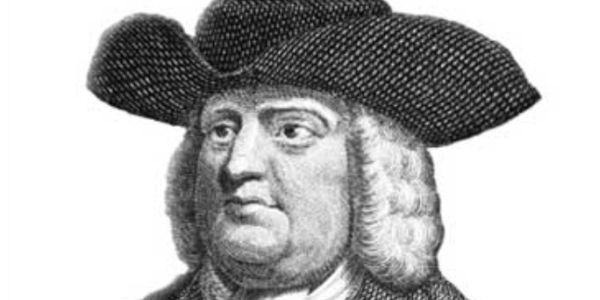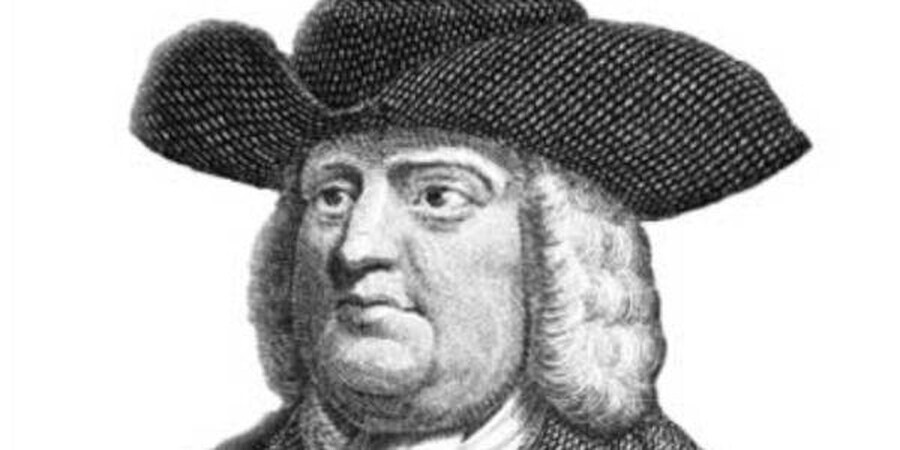Philadelphia, PA - William Penn was an English real estate entrepreneur, philosopher, early Quaker, and founder of the Province of Pennsylvania, the English North American colony and the future Commonwealth of Pennsylvania.
 William Penn (October 14, 1644–July 30, 1718)
William Penn (October 14, 1644–July 30, 1718)
William Penn: Visionary Founder of Pennsylvania and Champion of Religious Freedom
William Penn (1644-1718), a key figure in American colonial history, is renowned as the founder of Pennsylvania, a haven for religious freedom and democracy. His progressive ideals and unwavering commitment to religious tolerance left a lasting impact on both American and European political thought.
Early Life and Religious Awakening
Born into privilege in London, Penn's life changed dramatically when he encountered Quaker teachings at Oxford University. Expelled for his nonconformist beliefs, he embraced Quakerism, enduring imprisonment for his outspoken advocacy of religious freedom. Upon inheriting his father's estate, he leveraged his position to lobby for religious tolerance in England.
Founding a Haven for Religious Freedom in America
Frustrated by the lack of progress in England, Penn turned his attention to the New World. In 1681, he received a charter from King Charles II for a vast territory in North America, which he named Pennsylvania in honor of his father. Penn envisioned the colony as a "holy experiment" where people of all faiths could live harmoniously.
Penn's 1682 document, the Frame of Government, guaranteed absolute freedom of worship, attracting settlers from various religious backgrounds. His commitment to fair dealings with the indigenous Lenape people fostered peaceful relations, starkly contrasting the conflicts that plagued other colonies.
A Blueprint for Democracy: The Plan of Union
Penn's progressive vision extended beyond religious tolerance. His draft of the Plan of Union, a precursor to the U.S. Constitution, proposed a framework for a unified colonial government with a representative assembly. This forward-thinking concept laid the groundwork for the democratic principles shaping the United States.
Legacy of William Penn
William Penn's legacy is deeply ingrained in the fabric of American history. Pennsylvania, his "holy experiment," became a beacon of religious freedom and a model for democratic governance. His emphasis on religious tolerance, fair treatment of indigenous people, and representative government continue to resonate in modern society.
Share This Article on Social Media


